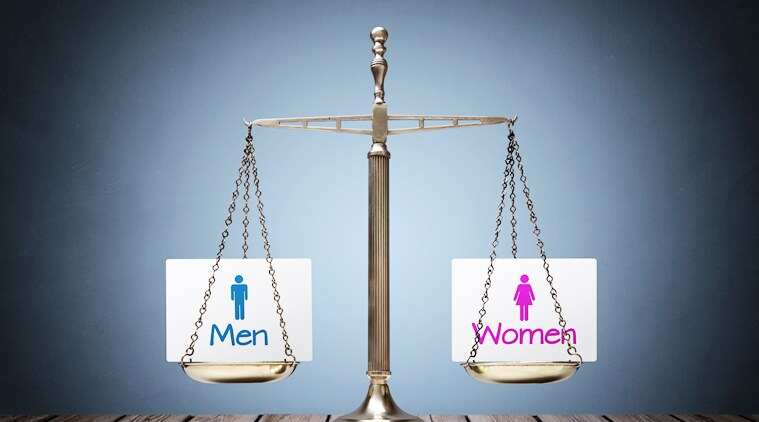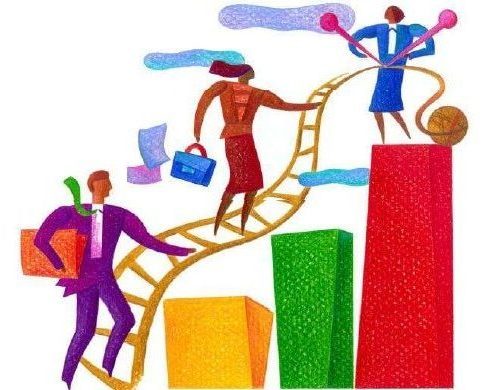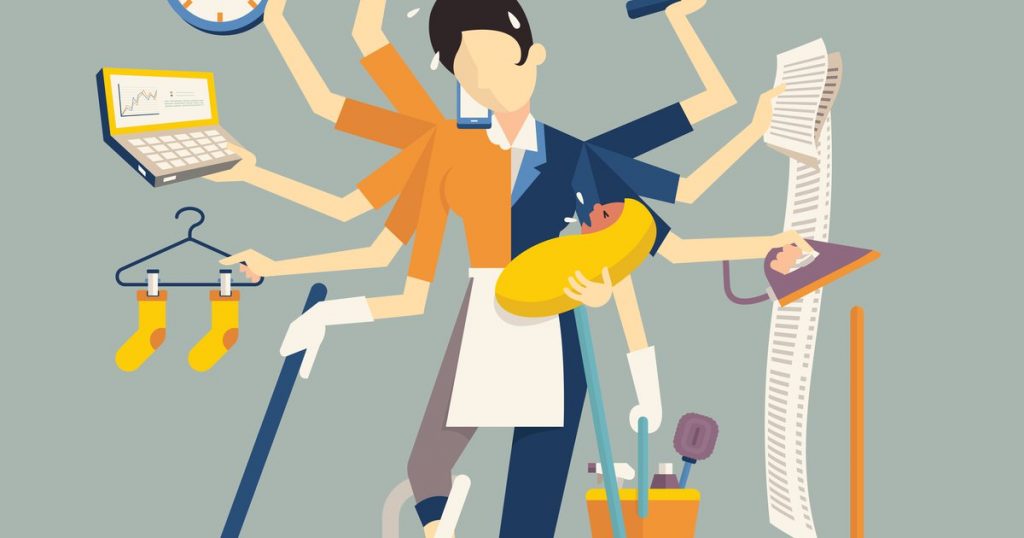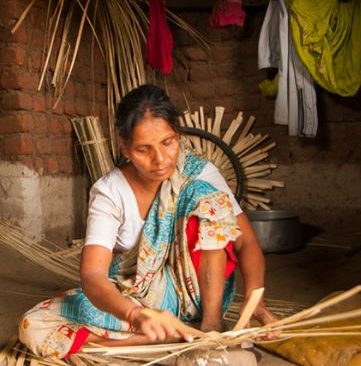

Traditionally, women were expected to be wives and mothers who had the task of raising responsible citizens and maintaining a comfortable home. Work for women was limited to teaching, nursing, tailoring and domestic assistance among other jobs that were considered to be appropriately ‘feminine’. Today, the weight of the stereotype on ‘how to be a woman’ is fading fast in theory but not as strongly in action. While there are ongoing battles about how women should conduct their bodies or lead their lives, how women show up in the world are more varied today than ever. This makes the definition of womanhood less stereotypical and rather specific to each woman.
According to a recent report by McKinsey Global Institute, India could add almost $770 billion to its GDP by 2025, if women are provided with equal opportunities.
For centuries, women have been working tirelessly with sheer dedication, contributing to India’s socio-economic transformation. Women today are willing to venture into businesses and take up professional positions across every sector. Their entrepreneurial and professional success has highlighted their proficiency and their ability to lead an organisation.
 Sadly though, at present, women only account for 14 per cent of the total labour force in India. While the present contribution of women to India’s GDP remains at 18 per cent, according to a recent report by McKinsey Global Institute, India could add almost $770 billion to its GDP by 2025, if women are provided with equal opportunities.
Sadly though, at present, women only account for 14 per cent of the total labour force in India. While the present contribution of women to India’s GDP remains at 18 per cent, according to a recent report by McKinsey Global Institute, India could add almost $770 billion to its GDP by 2025, if women are provided with equal opportunities.
The COVID-19 pandemic proved to be an unexpected challenge for everyone, but specifically for women entrepreneurs who have fought societal barriers against gender stereotypes to set up simple means for livelihoods. Women who had set up businesses incurring losses during the lockdown and this meant that their financial independence was in jeopardy. They began relying on male members of their families, making them vulnerable to violence and exploitation by their own families.
Talking of rural India, we have seen women entrepreneurs emerging as leaders across diverse portfolios despite facing numerous challenges from their families. They have asserted their right to financial independence and built businesses from scratch, inspiring future generations to challenge the status quo. What has been achieved with such strife can only be accelerated further if the ecosystem provides them with appropriate opportunities and access to knowledge.
The COVID-19 pandemic proved to be an unexpected challenge for everyone, but specifically for women entrepreneurs who have fought societal barriers against gender stereotypes to set up simple means for livelihoods. Women who had set up businesses incurring losses during the lockdown and this meant that their financial independence was in jeopardy. They began relying on male members of their families, making them vulnerable to violence and exploitation by their own families.
 Women with smaller enterprises like tailoring shops, handicraft stores, and businesses in the otherwise male-dominated spaces such as agriculture and mobile repairing and machinery were the ones who bore the maximum brunt of the crisis. To add to that, the lockdown meant that the gender notions of domestic work crept back, and the unfair onus of all household chores fell again on women who were trying to break these gender biases. This led to limited attention and time towards their businesses. Lack of knowledge and exposure to technological advancement also meant that they could not shift their businesses to a virtual platform, and with limited support from their friends and family, they did not have a safe space to voice their concerns.
Women with smaller enterprises like tailoring shops, handicraft stores, and businesses in the otherwise male-dominated spaces such as agriculture and mobile repairing and machinery were the ones who bore the maximum brunt of the crisis. To add to that, the lockdown meant that the gender notions of domestic work crept back, and the unfair onus of all household chores fell again on women who were trying to break these gender biases. This led to limited attention and time towards their businesses. Lack of knowledge and exposure to technological advancement also meant that they could not shift their businesses to a virtual platform, and with limited support from their friends and family, they did not have a safe space to voice their concerns.
Therefore, while women have fought their way up against gender biases, the COVID-19 pandemic proved to be a massive setback. The lockdown brought to surface the disproportionate incomes that women earn in comparison to men. It accentuated violence and exploitation and while highlighting the severe lack of support for women. Additionally, it drew attention to the limited access to information and knowledge that women have. Access to technology-driven communication tools and resources related to their business would have helped them in being better prepared to manage the COVID-19 crisis.
Equally crucial is the role of immediate ecosystems around women, and hence, families and communities must be sensitised to support women in the fight against barriers and gender stereotypes. According to a report by Google, Bain & Company, promoting women entrepreneurship can transform employment in India. It can create 150-170 million jobs in the country by 2030, which is more than 25 per cent of the new jobs required.
This leads to the question – How can we translate empowerment from a lofty ideal to action?
Working women who belong to rural areas of the country mostly work in unregulated and informal sectors. While there are government policies and schemes that aim to encourage women entrepreneurship in India, the awareness and the implementation of these schemes need to be reviewed. Interventions need to be made wherein products from women entrepreneurs are promoted by the Government and by local authorities. Along with this, the government can further consider tax reduction on these items.




Another critical concern is the lack of finance and credit that women entrepreneurs face as financial institutions hesitate to invest in their enterprises. The government must take the initiative to simplify processes aiding women and provide them with a subsidy. This assistance can be provided either to women entrepreneurs or institutions that can support them. Providing skill training workshops to the youth is another facet that will promote entrepreneurship in the country. Equally crucial is the role of immediate ecosystems around women, and hence, families and communities must be sensitised to support women in the fight against barriers and gender stereotypes. According to a report by Google, Bain & Company, promoting women entrepreneurship can transform employment in India. It can create 150-170 million jobs in the country by 2030, which is more than 25 per cent of the new jobs required. Hence, with the view to support the economy of the country by accelerating women entrepreneurship, EdelGive Foundation has established a platform, Udyam Stree. It aims to improve the social-economic status of women in the country through knowledge building and awareness generation.
Addressing gender biases and creating equal opportunities for women will not only help them become financially independent but will also enable them to contribute towards the socio-economic transformation of the country by breaking gender stereotypes. It will further help India in discovering its true potential. Therefore, we must build an ecosystem with significant interventions that will provide adequate support to women entrepreneurs in India.
Naghma Mulla is the President and COO, EdelGive Foundation.

